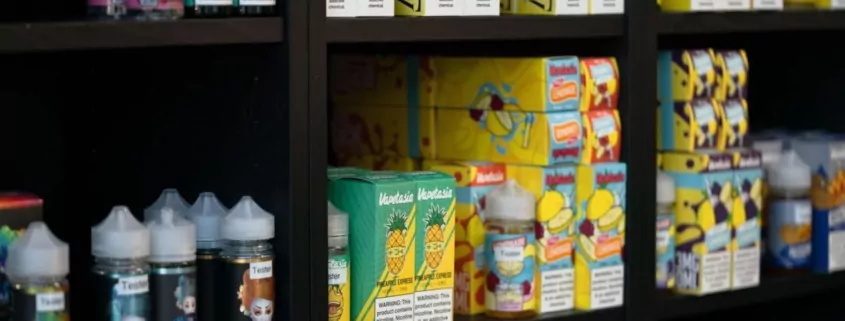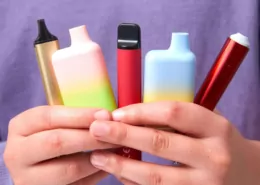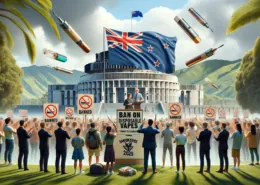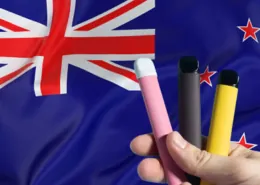Washington Lawmakers Revive Bill to Ban Flavored Tobacco Products
Washington state lawmakers have resurrected a bill that aims to ban the sale of flavored tobacco products, including vapes and menthol cigarettes, by July 2027. House Bill 2068, sponsored by Rep. Kristine Reeves, D-Federal Way, received a committee hearing on Monday, despite a similar proposal failing to move forward earlier in the legislative session.
The new bill not only seeks to ban flavored tobacco products but also proposes increased taxes and fees on the manufacturing, selling, and purchasing of tobacco products. The revenue generated from these increases would be allocated to cancer research, tobacco use prevention, and general operating funds. The tax on a pack of cigarettes would rise by $2 under the bill and be adjusted for inflation every three years.
Rep. Reeves emphasized the importance of the bill in protecting the health and well-being of children, stating, “These products don’t contribute to the social wellbeing of our communities. They definitely don’t contribute to the health and wellbeing of our children.“
High school students testified in support of the legislation, sharing their experiences of how teens are targeted by the fruity flavors, contests, and marketing strategies employed by vape companies. Jayce Hartman, a senior at Tacoma’s Silas High School, said, “Flavored tobacco pulls teens in. It smells like candy, looks like candy, and it feels harmless, but it’s not.“
Opponents of the bill argued that flavored vape products serve as a less harmful alternative to traditional cigarettes and that adults should have unrestricted access to them. They also pointed to federal data showing a decline in youth tobacco use in recent years, crediting store clerks for responsibly keeping products away from kids.
Retail groups expressed concern that the ban would lead to a drop in revenue for businesses, potentially forcing some to close their doors. They believe that a ban would push the tobacco market underground, potentially causing more harm. Crystal Leatherman, representing the Washington Retail Association, argued, “Increasing taxes doesn’t necessarily limit or reduce people who are trying to access tobacco, or encourage cessation. Instead, it actually just forces them to purchase from an unregulated or illicit market.“
As lawmakers face a deadline on April 8 to move legislation forward, the fate of House Bill 2068 remains uncertain. However, a spokesperson for the House Finance Committee chair indicated that bills including taxes are generally not subject to the cutoff deadline.
The debate surrounding the ban on flavored tobacco products in Washington state highlights the ongoing struggle to balance public health concerns, particularly those of youth, with the rights of adult consumers and the economic interests of retailers. As the legislative process unfolds, the outcome of this bill will have significant implications for the future of tobacco use and regulation in the state.







